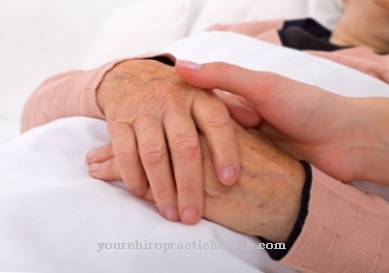Chorea huntington or Huntington's Disease is a nervous disease in which it comes mainly to uncontrolled movements of different parts of the body. The disease usually occurs between the ages of 30 and 40.
What is Huntington's Disease?
.jpg)
© crevis - stock.adobe.com
Huntington's disease or Huntington's disease, formerly known as "hereditary St. Vitus dance", is a nerve disease that is caused by mutations in the genetic make-up.
Symptoms include uncontrolled facial expressions, swallowing and speech difficulties and excessive movements of the limbs, neck and trunk. Huntington's disease was first described at the end of the 19th century.
To this day, there are numerous therapeutic options that are intended to alleviate the symptoms. However, a cure is not yet possible.
causes
Huntington's disease is a hereditary disease that is passed on to the child in an autosomal dominant manner. This means that the defective gene is not on a sex chromosome (the X or Y chromosome) and can therefore already appear if only one parent inherits the diseased gene.
If one of the parents carries the mutated gene, every child has a 50 percent risk of falling ill. The mutated gene at the end of chromosome 4 is responsible for producing the protein huntingtin in healthy people. The mutation causes the affected gene to make huntingtin, but the protein has additional properties.
These additional disease-causing properties ensure that nerve cells in the cerebral cortex are not formed or cannot regenerate. These large groups of cells control the coordinated sequence of movements in healthy people.
You can find your medication here
➔ Medicines against memory disorders and forgetfulnessSymptoms, ailments & signs
Often, involuntary and uncontrollable movements are the first signs of Huntington's disease. In the early stages, the disease is noticeable through barely noticeable muscle twitching, which those affected can often incorporate into their natural movements. In the further course, these exaggerated and unmotivated muscle contractions appear clearly all over the body.
Walking and doing everyday activities are becoming increasingly difficult. The haphazard motor skills increase with excitement, the so-called choreic movements rarely occur during sleep. At an advanced stage, sufferers lose control of the tongue and throat muscles: speech becomes increasingly incomprehensible, and swallowing problems can cause attacks of suffocation when eating.
Huntington's disease also affects psyche and behavior in humans. The progressive death of brain cells often leads to a change in character, and it is not uncommon for sufferers to be aggressive or hurtful towards their surroundings. Because people with Huntington's disease also lose control of their facial muscles, they are unable to express their feelings through facial expressions.
This often leads to misunderstandings with other people. Social withdrawal and dwindling mental abilities lead in many cases to depression, anxiety, psychoses and thoughts of suicide, up to and including actual suicide. The end stage of the disease is usually accompanied by complete dementia and bed restraint.
Diagnosis & course
Huntington's disease has a wide variety of symptoms that only become more pronounced as the disease progresses. This makes a clear diagnosis difficult, especially in the early stages.
Diagnosing symptoms based on symptoms is difficult, as they could often indicate other diseases. If Huntington's disease is suspected, diagnosis can be made years before the onset of the disease using a variety of means such as computed tomography, magnetic resonance imaging, and brainwave measurements. A DNA analysis is also carried out as part of a blood test.
When the disease breaks out, those affected are usually between 35 and 45 years old. If the disease occurs later, the development of the symptoms is also less rapid. Characteristic of Huntington's chorea is the death of nerve cells, which progresses faster and faster as the disease progresses. Huntington's disease progresses over several years and decades as symptoms worsen. Some people live with the disease for up to 40 years. Premature death usually occurs as a result of breathing or swallowing problems.
Complications
Since Huntington's disease cannot be treated, symptoms such as restricted mobility, loss of the ability to speak, or other cognitive impairments worsen. The affected patients can no longer find their way around in everyday life and need extensive care. There is some evidence that speech therapy or physical therapy may slow the progression of the disease.
However, this will have to be tested and verified with a higher number of patients in the future. From the appearance of the first symptoms to death, it takes around 20 years, despite drug treatment of the symptoms. The greatest danger for the patient is the development of pneumonia. This is caused by poor coordination in breathing and difficult release of mucus from the lungs.
Some patients can also develop heart disease, which can then lead to death. In addition to these causes of death, suicide can also occur. The suicide may be caused by Huntington's disease and the brain damage it causes, or the patient may want to avoid going through the worsening of the disease.
Furthermore, it is easy for the patient to swallow food. Because of this, the patient must have a caregiver to assist them with food intake.
When should you go to the doctor?
Huntington's disease, or Huntington's disease, was formerly called St. Vitus's dance because of the involuntary movements people make. Since the symptoms of this hereditary disease usually do not appear until later in life, a visit to the doctor makes sense if movement disorders occur. Only a genetic test can prove that it is actually the hereditary disease Huntington's disease. Alternatively, the symptoms could also result from a brain tumor, a stroke, thyroid disorders or the like.
The problem is that without a timely visit to the doctor it cannot be determined whether it is actually Huntington's disease. There could also be choreatoform genetic diseases such as Huntington’s disease-like diseases, copper storage disease Wilson's disease, Friedrich ataxia, spinocerebellar ataxia types 1, 2, 3, 17 or neuroacanthocytosis. A medical evaluation is essential for unexplained movement disorders in order to weigh up the treatment options.
The only medical treatment for Huntington's disease at present is symptomatic relief. It is about balancing movement disorders, depression, aggressiveness or psychoses. Nerve cells in the brain are increasingly being lost. In the future, gene therapy could provide a breakthrough treatment. Modern medicine currently offers innovative treatment approaches through a stem cell transplant or the implantation of a brain pacemaker. The extent to which these measures are helpful has yet to be verified clinically.
Doctors & therapists in your area
Treatment & Therapy
According to the current state of research, a cure for Huntington's disease is not possible. Treatment can therefore only aim to alleviate the numerous symptoms as far as possible. Various drugs with the active ingredients tiapride and tetrabenazine are used to restrict uncontrolled movements.
In addition, those affected are often given physiotherapy, occupational therapy and speech therapy. In this way, the speech and swallowing difficulties typical of the disease can be alleviated and an independent life is also possible for the time being as the disease progresses. Patients suffering from Huntington's disease are supported by psychotherapeutic care in order to be able to deal better with the stress of the disease.
In the further course of the chorea huntingon there is often a strong weight loss, which should be alleviated by a particularly high-calorie diet for the person affected.
Some therapies to alleviate or even cure Huntington's disease are still in the experimental stage. For example, the administration of enzymes makes it possible to slightly slow down the decay of nerve cells. A drug therapy that can completely prevent the breakdown of nerve cells is not yet known.
Outlook & forecast
Huntington's disease has a poor prognosis. In addition, the disease cannot be cured with the current medical and legal options. The genetic disease has a progressive course that cannot be stopped despite all efforts. The medically taken measures concentrate on achieving a slow progression of the disease and maintaining the existing quality of life for as long as possible.
According to the calculated values, the patient dies on average approximately 19 years after the diagnosis of the disease. Thanks to medical advances and medical research, the individual phases of Huntington's disease have been preserved for longer and the onset of death has been postponed. In addition, there are more therapeutic options within individual phases to stabilize the patient and improve general well-being.
The available therapy options are recommended and used individually depending on the current symptoms. Regular check-ups should be taken so that the patient can receive optimal care. In addition, specialists in specially established centers for the treatment of Huntington's disease can better ensure adaptation to the course of the disease. Since not all recommended therapies are financed by health insurances, the course of the disease is significantly influenced by the financial possibilities of the patient.
You can find your medication here
➔ Medicines against memory disorders and forgetfulnessprevention
Huntington's disease cannot be prevented. An affected person who carries the mutated gene will definitely fall ill. Children of sick people have a 50% risk of developing Huntington's disease. There is no way to prevent this risk. The only possible option is not to have biological children and a prenatal examination of the genetic material of the unborn child and - if Huntington's disease is positive - a possible termination of pregnancy. However, ethically, this is highly controversial.
Aftercare
Huntington's disease is not yet curable.It is all the more important to take advantage of constant and continuous therapy and treatment. The treatment aims to relieve symptoms and improve quality of life. Movement disorders can be treated medically with the help of neuroleptics. Depression can be treated with the administration of antidepressants.
In addition to medical treatment, physiotherapy and occupational therapy can be helpful for the patient. In this way an attempt can be made to better coordinate the movement sequences. It is also advisable to use a speech therapist to counteract and reduce speech and swallowing disorders.
Despite treatment with neuroleptics and antidepressants, psychotherapy and psychiatric help should also be considered. This can be a relief not only for the patient himself, but also for the relatives. Often patients also benefit from participating in a self-help group of other affected people.
Since patients with Huntington's disease often run the risk of losing weight quickly due to the difficult ingestion of food, high-calorie and easy-to-eat food should be provided. Foods that are easy to swallow, such as porridge, pudding, quark and liquids, are suitable here.
Finally, experimental approaches should not be categorically excluded. New therapy offers and treatment methods should be considered. There is definitely a chance that this will result in greater freedom from symptoms.
You can do that yourself
Self-help options are limited in Huntington's disease. Due to the course of the disease, according to the current scientific status there are no possibilities that lead to an alleviation of the symptoms or a cure.
The course of the disease is progressive, so that sick people should ensure that their wellbeing is maintained in everyday life despite the increasing symptoms. To avoid surprises or unpleasant situations, it is helpful if the person concerned is fully informed about the development of the disease. At the same time, the close social environment should be made aware. By providing information, situations of excessive demands can be prevented or minimized. Since it is a hereditary disease, it is helpful to share experiences among the sick.
Participation in social life is important for mental health. Leisure activities and adequate exercise improve wellbeing. In addition, with a healthy lifestyle, the organism and the immune system can be sufficiently strengthened. Pollutants such as alcohol and nicotine should be avoided.
With a balanced and vitamin-rich diet, sufficient sleep and the observance of rest phases, the body is given new strength. At the same time, it can defend itself against invading pathogens. Various relaxation methods such as meditation or yoga can be used for mental strengthening. This helps in dealing with the disease emotionally.

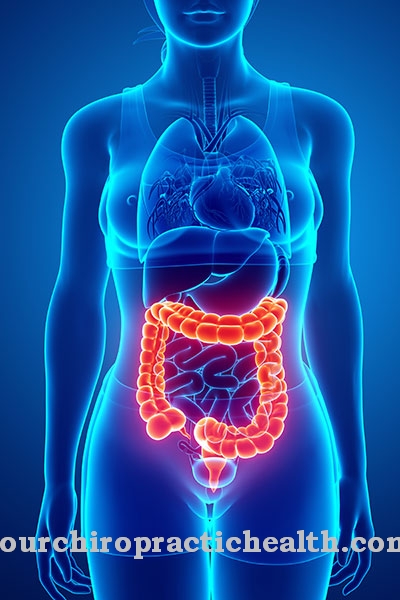
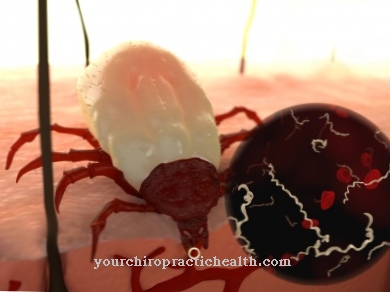
.jpg)
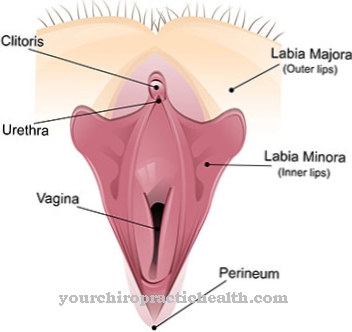
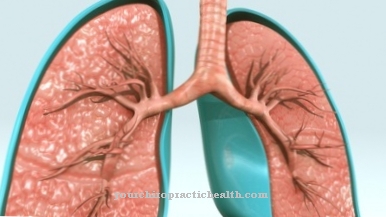
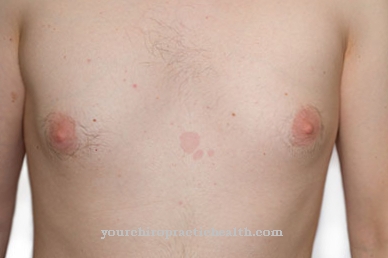



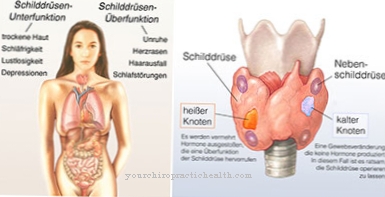
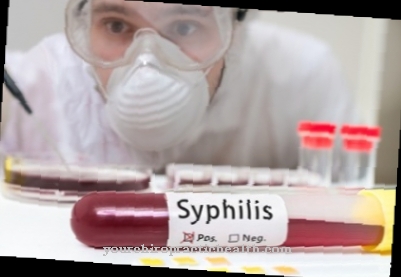
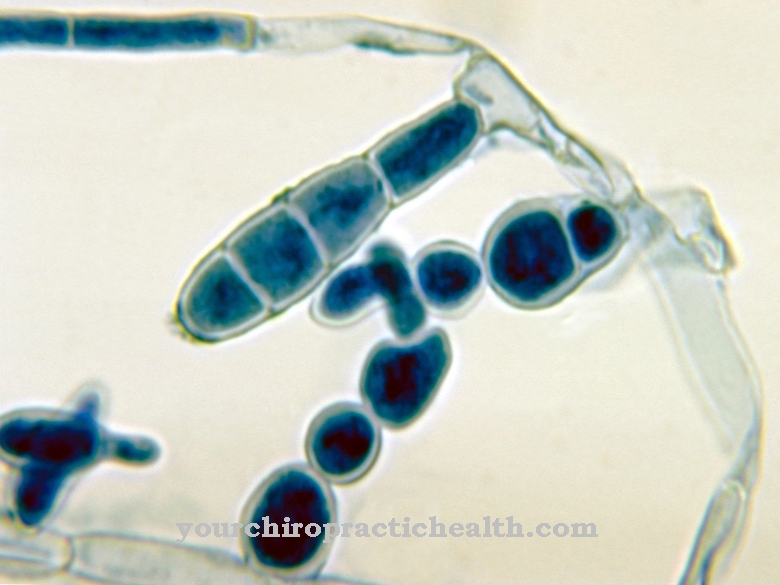

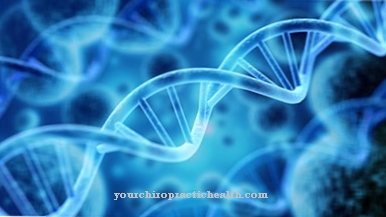
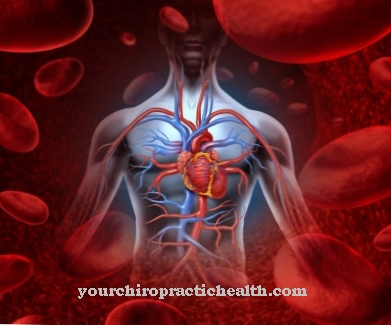

.jpg)


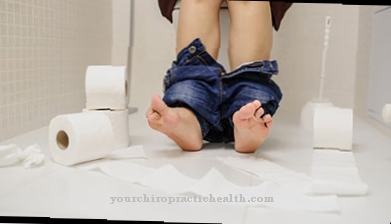

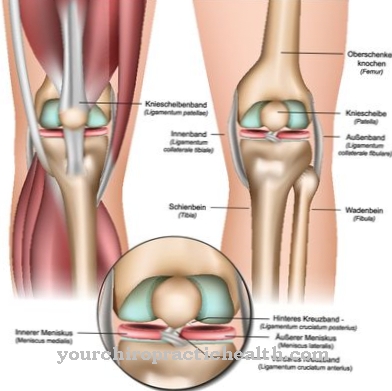
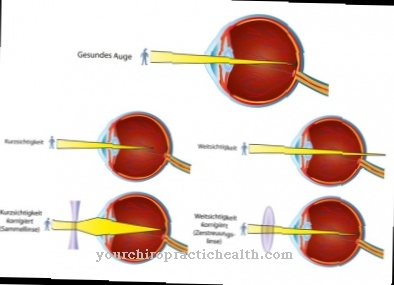
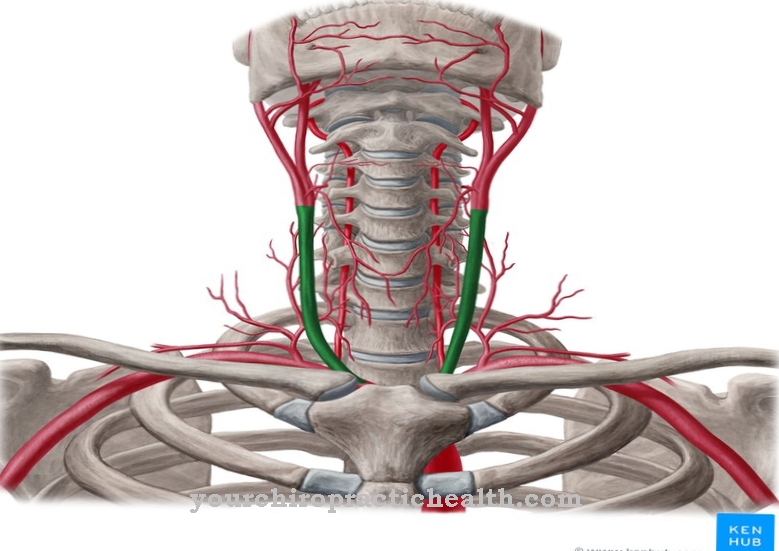
.jpg)

